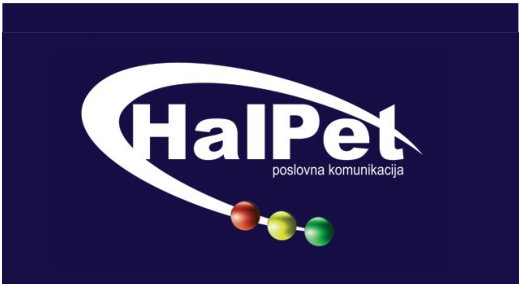At the early stages of learning English, you were taught that the plural form of nouns is formed by adding -s or -es: My company is big, but international companies are bigger. Here are a few examples of nouns that follow their own rules.
Can it be more confusing? When talking about fields of study and occupation, we will often use nouns like economics, statistics, politics, ethics, etc. These nouns have an -(e)s ending, but only take a singular verb, so we say: I have always thought politics is boring. This category also includes the word news, which might sound odd, however The good news is that we can learn these examples by heart.
These nouns only have the plural form and never take a singular verb. Examples include words like customs, goods (merchandise), arms (weapons), whereabouts (location). For example: The faulty goods were immediately returned to the manufacturer. Singular nouns custom and arm have entirely different meanings. Words such as clothes, jeans, scissors or glasses only come in plural form, mostly because they are made up of two or more parts. More examples include words such as contents, brains (intellect), looks (appearance), thanks, minutes (of a meeting), remains, arrears, earnings and surroundings. At a job interview, do you think brains are more important than looks, or is it the other way round?
On the other hand there are nouns with no plural, such as information, data, knowledge and advice, to name just a few. For Croatian speakers it is very easy to make a mistake and say I need a few informations, when the correct English is I need some information!
-
Croatian singular nouns such as odjeća, izgled, intelekt, carina, roba, zarada etc. are plural in English, e.g. My earnings are good.
-
Croatian plural nouns such as savjeti, informacije, podaci etc. do not have plural in English, e.g. some advice; a few pieces of information, a lot of data.




